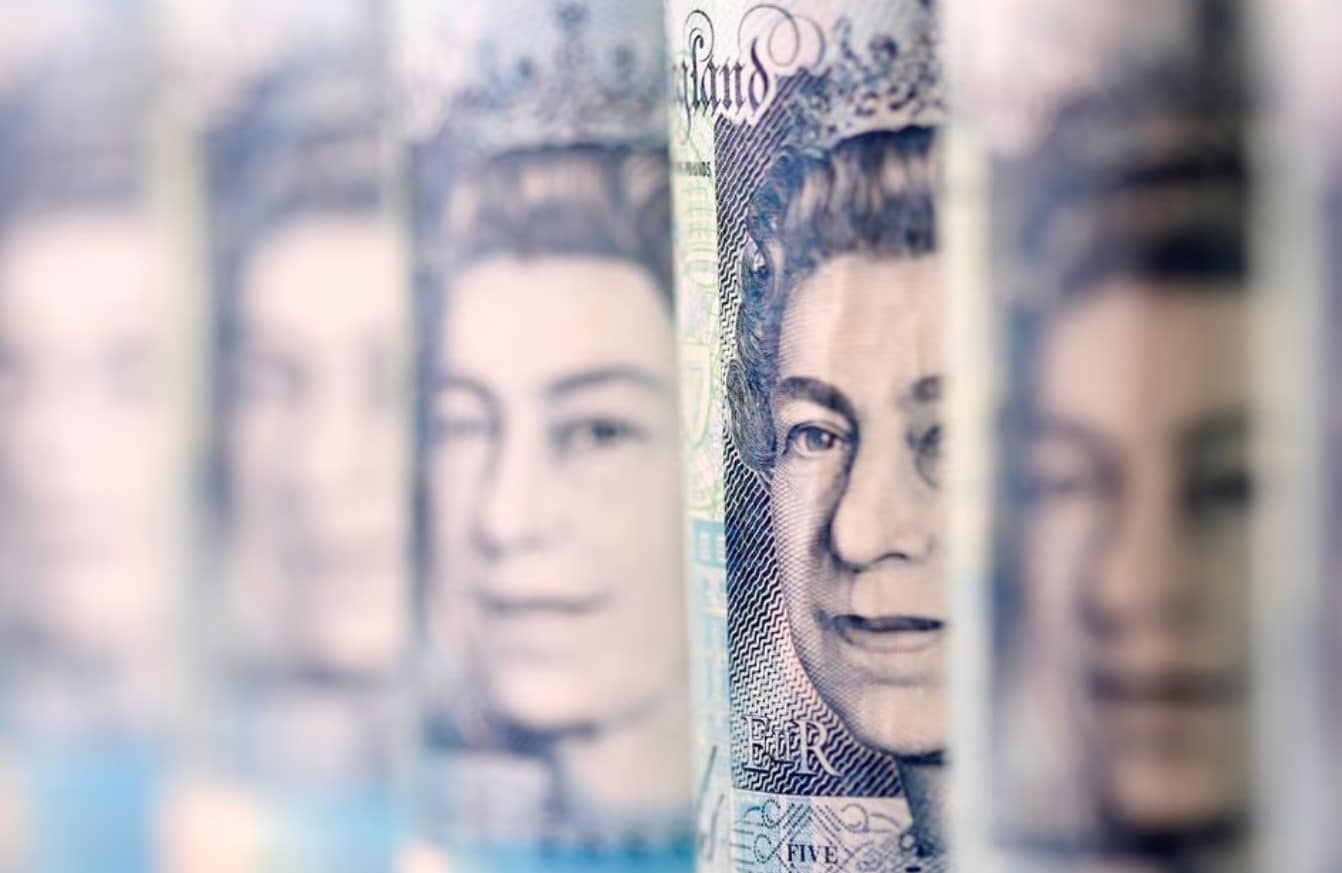The pound held steady on Thursday near multi-month highs a day after British Prime Minister Rishi Sunak called a national election and data showed inflation did not slow as much as expected in April.
Sterling was flat on the dollar at $1.2722, having touched a two month high of $1.2761 the day before after data showed British consumer prices rose by 2.3 per cent in annual terms in April, nearing the Bank of England’s 2 per cent target but slowing less than markets had expected.
It was also steady versus the euro at 85.07 pence to the common currency, around the pound’s strongest since February.
The start of the election campaigns of British Prime Minister Rishi Sunak and his Labour Party rival Keir Starmer, drew eyes on Thursday though analysts said the poll was unlikely to have a major effect on markets.
Sunak on Wednesday called the election which will take place on July 4. His Conservative Party trails Labour by around 20 percentage points in opinion polls.
“The last time UK politics had any material impact on the pound outside budget announcements was when there was Liz Truss – and that was related to the budget too – outside of that it was the Brexit discussions,” said Francesco Pesole, FX strategist at ING.
“Sterling now is trading almost entirely on the back of monetary policy in the UK and the US, so the question we should be asking ourselves is ‘Will the election have any clear implications for Bank of England timing for rate cuts?’ and we don’t think so.”
Sunak’s predecessor Liz Truss’s short lived premiership in 2022 was derailed by a programme of unfunded tax cuts which caused a sell off in British government bonds, and also hit the pound.
Market pricing currently indicates expectations the Bank of England is most likely to start cutting interest rates at its September meeting, though markets are not ruling out August, both after the election.
Before the inflation data it was seen as a toss up as to whether the BoE would start cutting at its June or August meetings.
“It could have been a tricker one (for the Bank of England inflation had come in lower – the important bit was services inflation which was still too high – as the chance of a rate cut in June has declined,” said Pesole.






